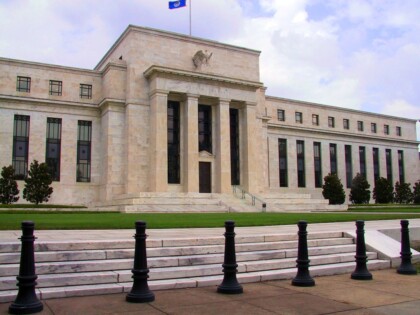
After undergoing intensive assessment and performing the proper legal discussions, numerous governments are finally coming to a consensus on how to handle peer-to-peer decentralized virtual currencies. Rather than banning virtual currencies altogether, governments are simply applying tax laws and financial classifications to them.
The latest government to issue guidance on bitcoin and other digital currencies is Austria. Two cabinet ministers had provided lawmakers and consumers with the newest guidance on bitcoin by directly answering questions posed to them by members of the legislature during a parliamentary question period.
Finance Minister and Vice Chancellor Michael Spindelegger confirmed that bitcoin is not a financial instrument, otherwise known as a tradable asset, a categorization previously made by the Financial Market Authority (FMA).
In addition, the cabinet minister listed bitcoin’s tax treatment status: it will be subjected to capital gains taxes from bitcoin investments. It will work like this: consumers who sell bitcoin holdings within one year of acquiring them would be subjected to a capital gains tax. However, if the bitcoins are held for more than one year then they would be exempted from capital gains taxes.
Since the Austrian government has labeled bitcoin as an “industrial activity,” the value-added tax (VAT), which is 20 percent, would be applied to all mining profits.
The accounting details of bitcoin also became a point of discussion. Cryptocurrency assets are required to be declared as either working capital or fixed assets, while virtual currency held for a long period of time can be depreciated in value.
Although the government believes it is providing consumers, investors and bitcoin businesses clarity in relation to the digital currency industry, some Austrian feel that the ministers and government agencies are actually “contradicting” each other.
“The two ministries contradict each other, so there is no [clear] way to interpret [the guidance],” said Peter Šurda, an Austrian economist, in an interview with CoinDesk, citing the uncertainty over how businesses should apply the 20 percent VAT to mining operations.
The Austrian government’s Q&A comes as the first bitcoin ATM arrived in the European nation earlier this month. The first machine of its kind in Austria operates like any other before it: deposit or withdraw your euros and scan your QR bar code on your smartphone.
“By using our Bitcoin ATM, customers can quickly and securely buy Bitcoins in a simple manner. The purchase of small amounts is also possible. We offer offer help and advice regarding the installation of a digital wallet for the safekeeping of Bitcoins,” Stefan Kliment, one of the two managing directors of Coinfinity, told The Local.
The price of bitcoin has been in question this week as it has dropped from more than $620 to just under the $600 mark.







